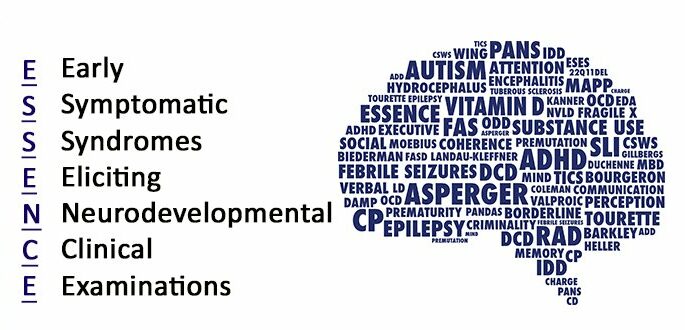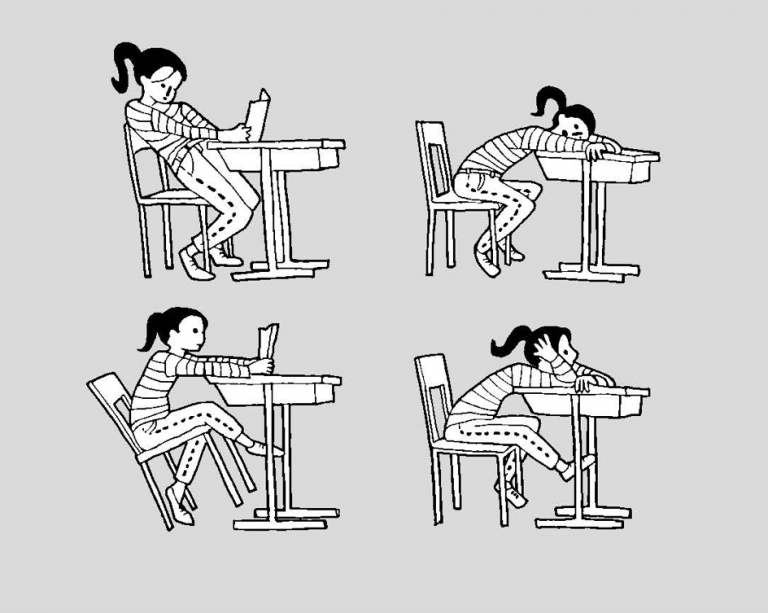
by Ulrika Myhr | Jun 26, 2025 | DCD, Okategoriserad, Research
Developmental Coordination Disorder (DCD) affects approximately 6% of children. We know that it impacts the child in many areas – especially if they do not receive support and develop self-awareness. DCD affects participation in play and activities, daily functioning, learning, and self-esteem. But what happens when these children become adults? There is a lack of follow-up and knowledge in this area. The existing information is rather discouraging, as DCD appears to have influenced many aspects of life and the choices people make.
Christopher Gillberg and Elisabeth Fernell, both child neurologists, along with Ulrika Myhr from Learn to Move, have started a collaboration to follow up on approximately 300 children diagnosed with DCD and track them into adulthood. The project is in its early stages, and more people will be involved as it progresses. We hope this initiative will increase awareness of DCD and improve care and interventions to provide a more positive outlook.
Stay tuned for updates!

by Ulrika Myhr | Feb 14, 2025 | DCD, Education
On March 10-11, a course about Developmental Coordination Disorder (DCD) was held, bringing together participants from across the country. The course combined both theoretical and practical learning, focusing on how we can support children’s development, help them be understood, and foster a sense of physical self-esteem
There were many insightful questions and discussions about motor skills and seeing the whole child. It is well known that DCD is linked to mental health challenges, particularly reduced physical self-esteem. However, today we are also seeing a growing number of children who “develop” DCD and attention disorders early in life—they exhibit passivity from infancy through preschool years. Those with long experience in healthcare and education are witnessing these changes; the classroom looks different today!
This calls for a major shift—a structured approach to assessment, intervention, and long-term follow-up. Innovative solutions are needed, and physiotherapists, occupational therapists in school healthcare, and PE teachers as special educators can play a crucial role in addressing these emerging needs.

